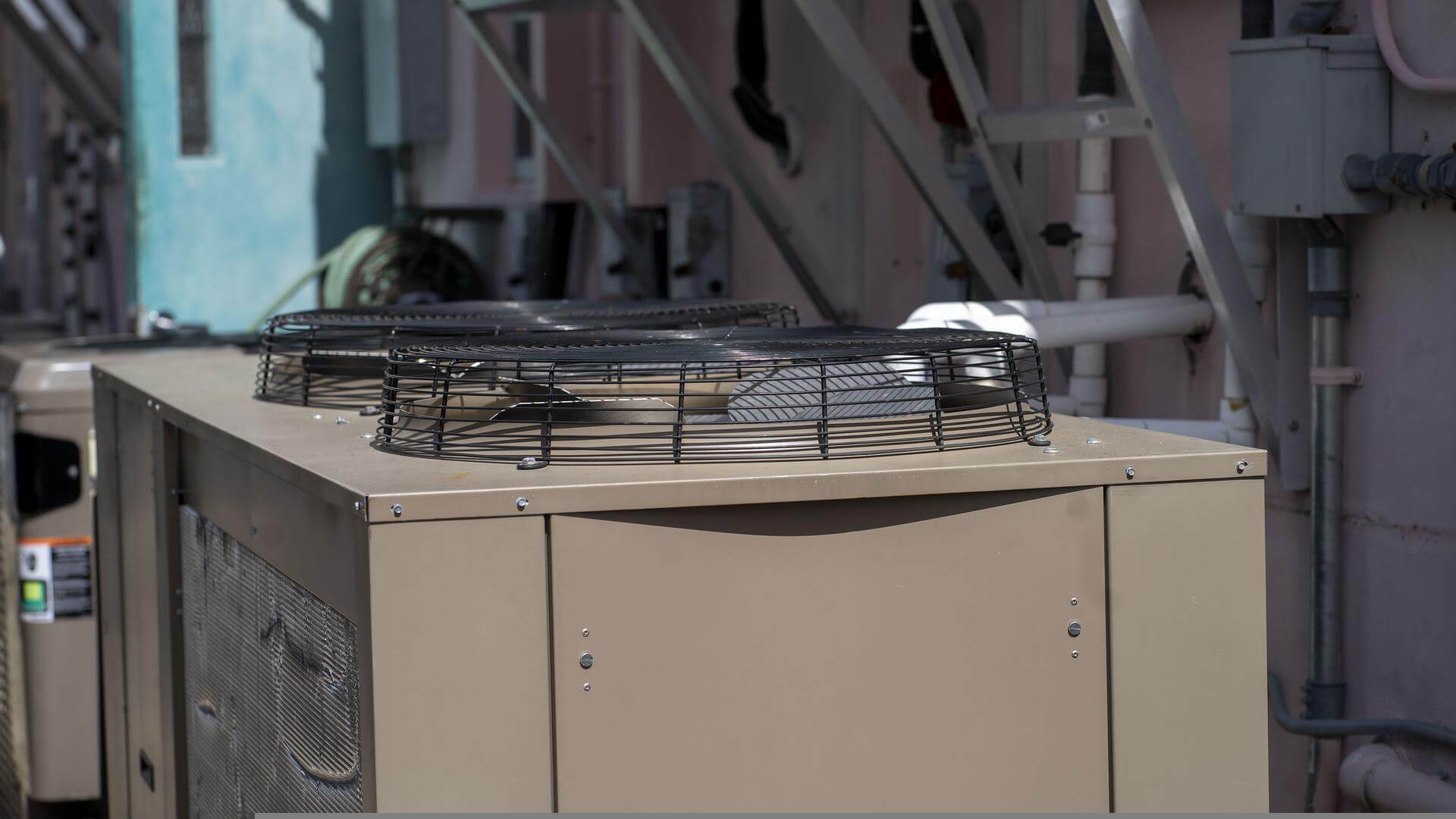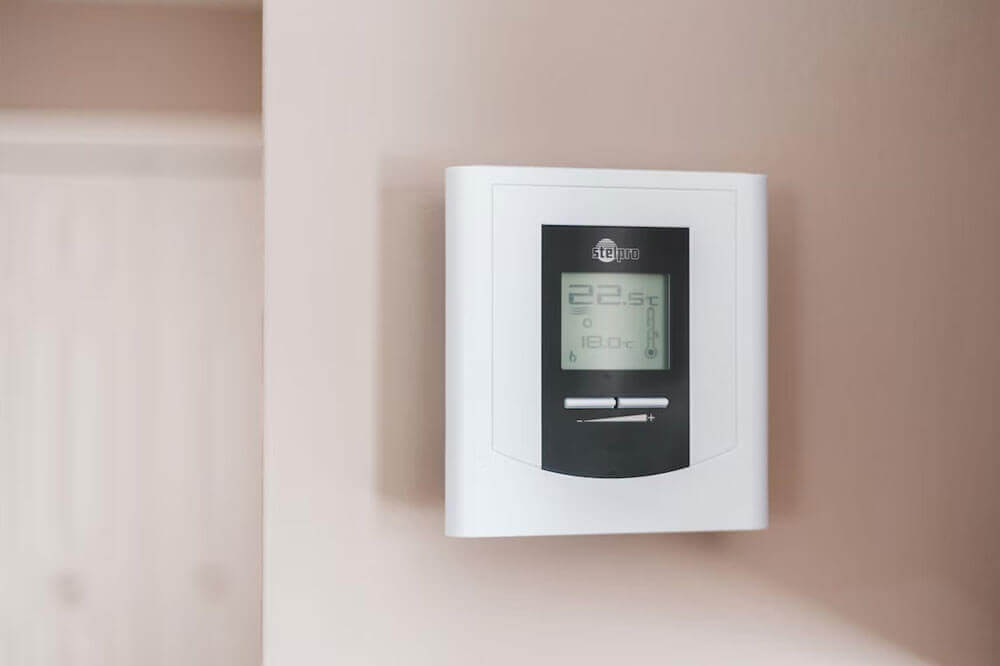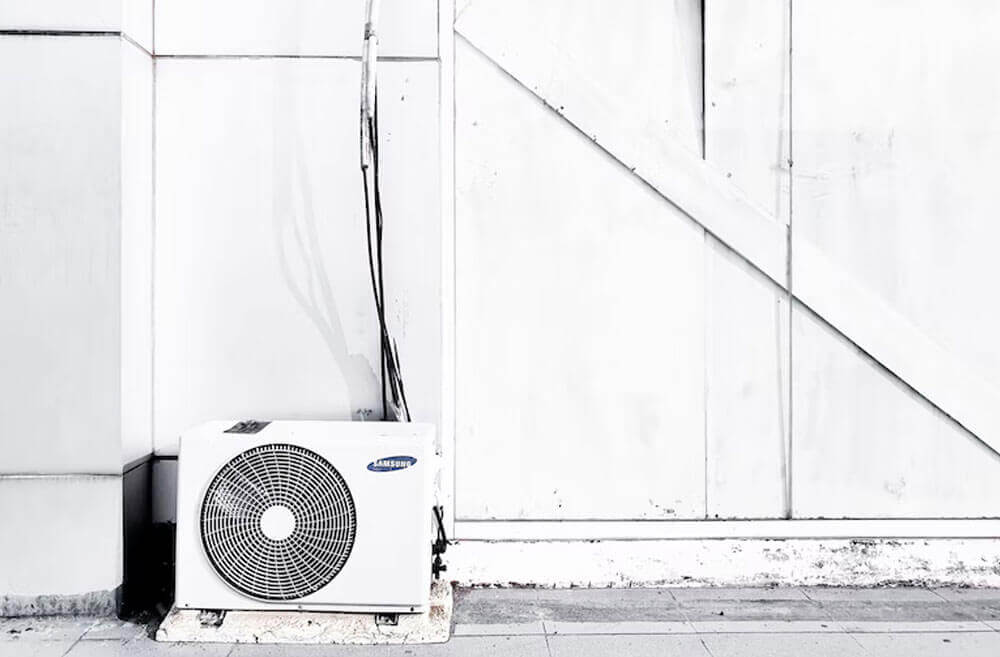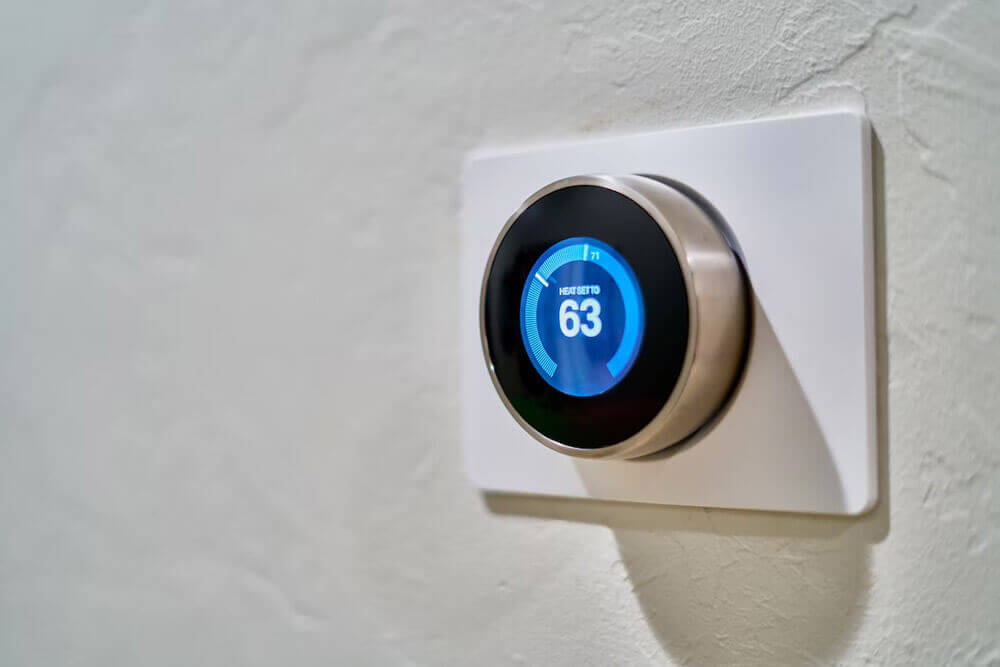If you are someone who gets cold, then you most likely care about your heating system. Even if you are not someone who runs cold, heat is an essential part of winter. There are many different types of heating systems, and each one has benefits and drawbacks. If you are looking for a new heating system, then the first step is to
Forced Air Systems
One of the most common types of heating systems found in a residential home is forced air systems. They can also be found in retail stores or larger buildings.
In these systems, the air is heated in a furnace that is then forced through ducts and to other vents. This is also known as a basic central heating system. The ductwork for the system is installed in the interior walls. It uses various fuels, depending on where you are located, including:
- Electricity
- Propane
- Natural gas
- Fuel oil
Electric Systems
This type of heating system is common in homes without access to oil or natural gas. Usually, baseboard heaters are installed and controlled with a thermostat. Individual units sometimes have a remote and can be controlled individually. The main issue with electric heaters is that the cost of electricity is usually higher than other systems.
Geothermal Systems
Known as the most energy-efficient type of heating system, it uses heat from the ground and water from wells. These systems use little electricity, which means they are good for keeping bills low when the temperature is cold outside. Setup can be a bit more costly because it is less conventional than other options.
Other Heating Options
- Radiant Heat Systems: For homes and buildings with a boiler, you can use a radiant heating system. This is when water is heated in a boiler and then sent through tubes beneath the floor. These distribute heat throughout the home, which then “radiates” up through the floor. It can be powered by fuel oil, propane, electricity, or natural gas.
- Steam Radiant Heat Systems: Older homes are often heated with raiders in each room. Boilers are also involved in these systems to send hot water to all the radiators. Cold water is the byproduct of this system, which goes back to the boiler unit, where it is reheated.
If you are considering any type of Heating and Air Conditioning Denver, contact us for a quote today.





